Suppose You Were an Idiot: On the Importance of Acknowledging Incompetence

Political theory typically attributes political action to one of two main motivations: idealism or self-interest. But incompetence plays a much larger role than many assume.
What’s in a Name? Why Christians Should Be Wary of the Word “Transgender”

The Christian worldview accepts the validity of people’s testimony that gender dysphoria is a real experience resulting in heartrending distress. The Christian worldview cannot, however, countenance the idea that men can become women or that women can become men.
Bloom’s War for the Imagination

The authors in this symposium have offered insightful analyses of Bloom’s book and the contemporary university it describes. Can what has been lost be recovered? If so, this will come through restoration of the imagination.
Allan Bloom’s University and Mine: From Racial Intimidation to Trigger Warnings

Allan Bloom would not have been surprised by recent developments in American higher education, from trigger warnings and safe spaces to micro-aggressions and physical violence.
Allan Bloom on American Nihilism and Its Degrading Vocabulary

What would have happened if literature professors had continued to love literature, admire Shakespeare, and teach others to do the same? Perhaps if they had emulated Allan Bloom’s attention to words—if they’d taught writing and written well themselves—our colleges would not now be so enraged.
Allan Bloom’s Souls Without Longing, All Grown Up

Souls without longing are the price to be paid for a free, comfortable, and secure life. Yet the unnatural state of radical isolation and apathetic “niceness” can only last so long.
The Closing of the American Mind Thirty Years Later: A Symposium
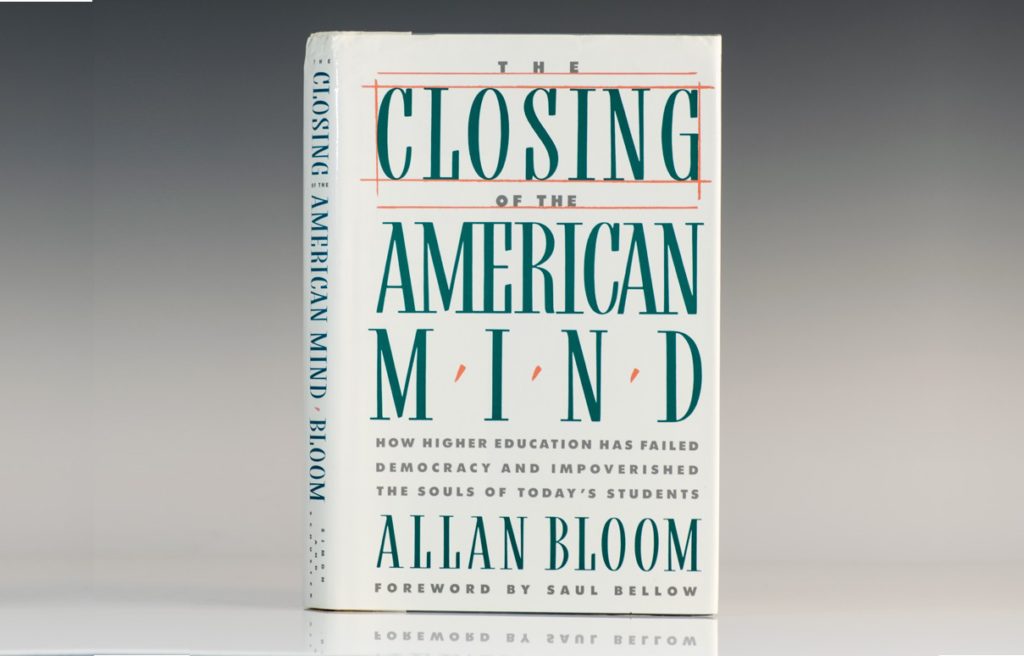
All is not well in America—or in the University. Allan Bloom’s The Closing of the American Mind offers a profound and compelling diagnosis of the common illness infecting them both and of the intimate connection between liberal education and liberty.
A Life Well Spent: Learning from John Noonan

With the recent passing of Judge John T. Noonan, Jr., Americans would do well to honor and remember his example of respectful engagement over fundamental moral issues.
A Christian Abortion Doctor? On the Ignorance, Arrogance, and Violence of the Pro-Choice Cause
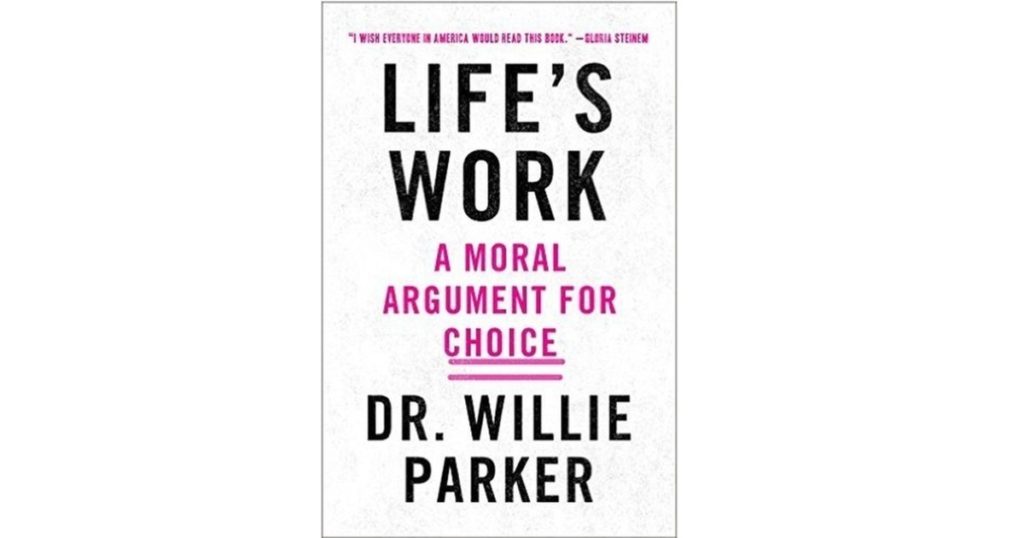
Willie Parker’s new memoir displays the characteristic ignorance, arrogance, and violence of the pro-choice worldview.
The Genius of the Mexico City Policy and the Pro-Life Legacy of President Trump
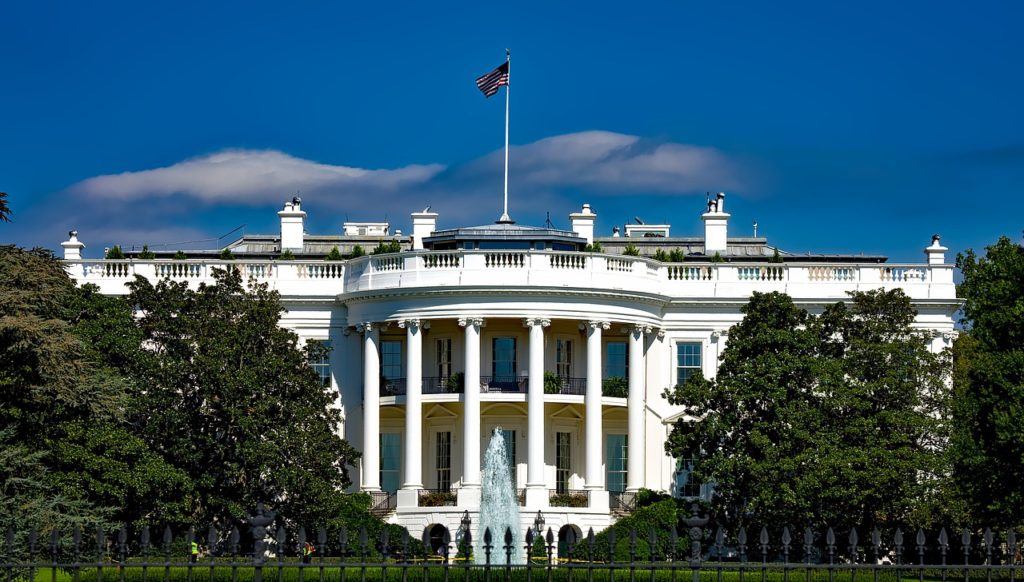
President Trump has an opportunity to forge a remarkable legacy as a pro-life president. To do that, he must continue to update, reinforce, and apply the principles underlying the Mexico City Policy in a way that is consistent with Ronald Reagan’s original vision.
Faith and Reason, Beauty and Holiness
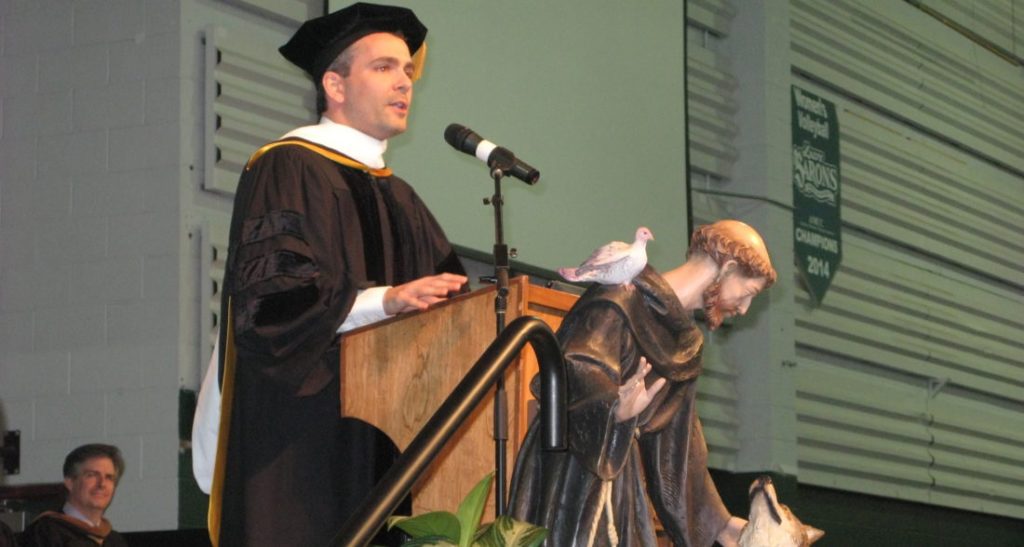
We have the obligation to propose with the apostle Paul the more excellent way. And this only intensifies as you graduate today and enter a world that is simultaneously hungry for and resistant to your message.
“Fake History” is More Dangerous Than “Fake News”

Fake history has established the foundation for fake news.
Kuyper and Pope Leo as Christian Thinkers

A new book highlights the shared anthropology and social thought of Abraham Kuyper and Pope Leo XIII without glossing over their differences.
The Embryo Orphanage: A Cautionary Tale
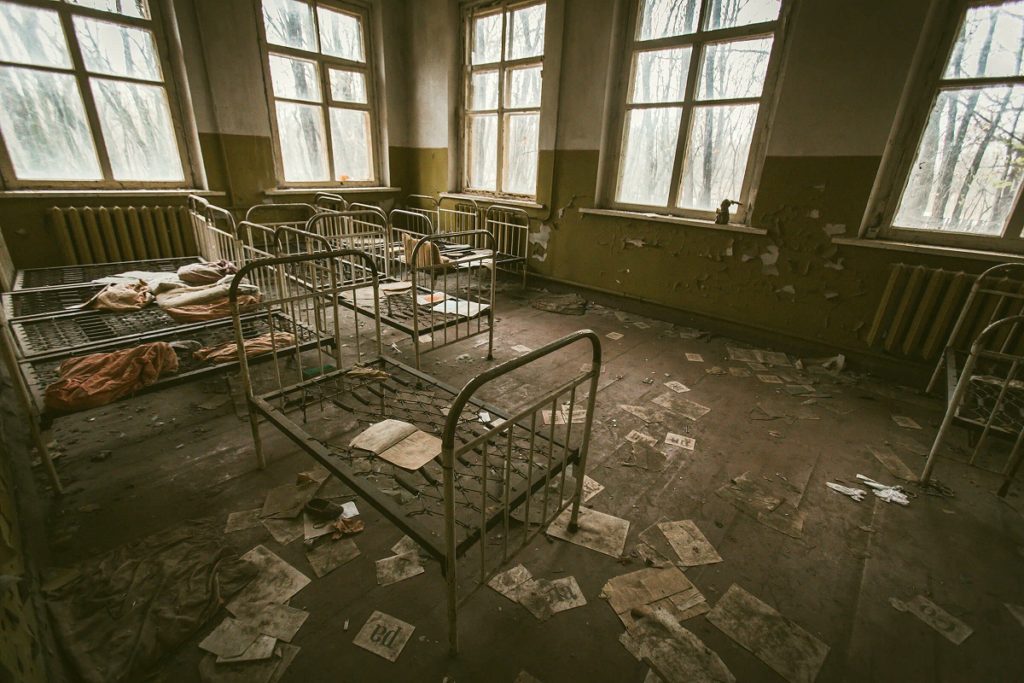
As long as complicit bystanders refrain from voicing dissent, embryo destruction will continue to masquerade as a practical, commonplace business, rather than the social cancer it truly is.
The Evolution of Minds

Significant advances in evolutionary biology and the neurosciences have led many who are already committed to a materialist philosophy to offer sweeping accounts of the origin and development of life, from bacteria to the human mind and consciousness.
Religious Liberty and the Common Good

To detach religious liberty from truth is to decapitate it.
Physician-Assisted Suicide Tells People Like Me That Our Lives Are No Longer Worth Living

The legalization of physician-assisted suicide sends the message that it is better to be dead than disabled. Do I lack dignity because I lack physical independence?
(Re)Building the Kingdom: Secularism, Christianity, and Cultural Renewal
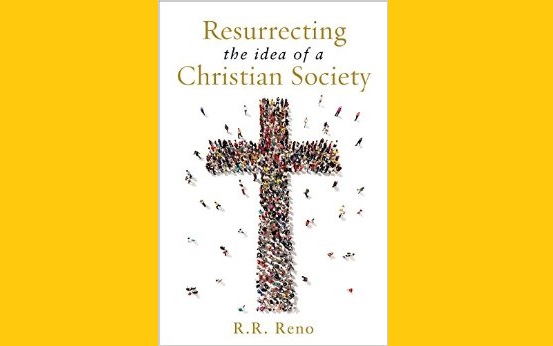
A culture that substitutes lawn signs and slogans for moral substance can only be renewed by the rigor of Christian thought and the actions that flow from it.
Why Conservatives Should Be Environmentalists

Environmentalism makes us loyal to one another in a fundamental way, points us to values beyond mere utility, and directs us back to the natural order of which we are a part.
The In Vitro Catch-22

Is “pro-life IVF” necessarily an oxymoron?
The Soul: Not Dead Yet

The traditional philosophical and theological concept of the soul allows us to integrate what the empirical sciences reveal with what we know about ourselves as rational and moral beings.
A Bipartisan Case for School Choice

Let’s set aside partisanship and unite to provide disadvantaged children with the educational opportunities they deserve. Rather than deny low-income families the same educational choice that wealthier families enjoy, we should seek other ways to improve the quality and efficiency of public schools.




